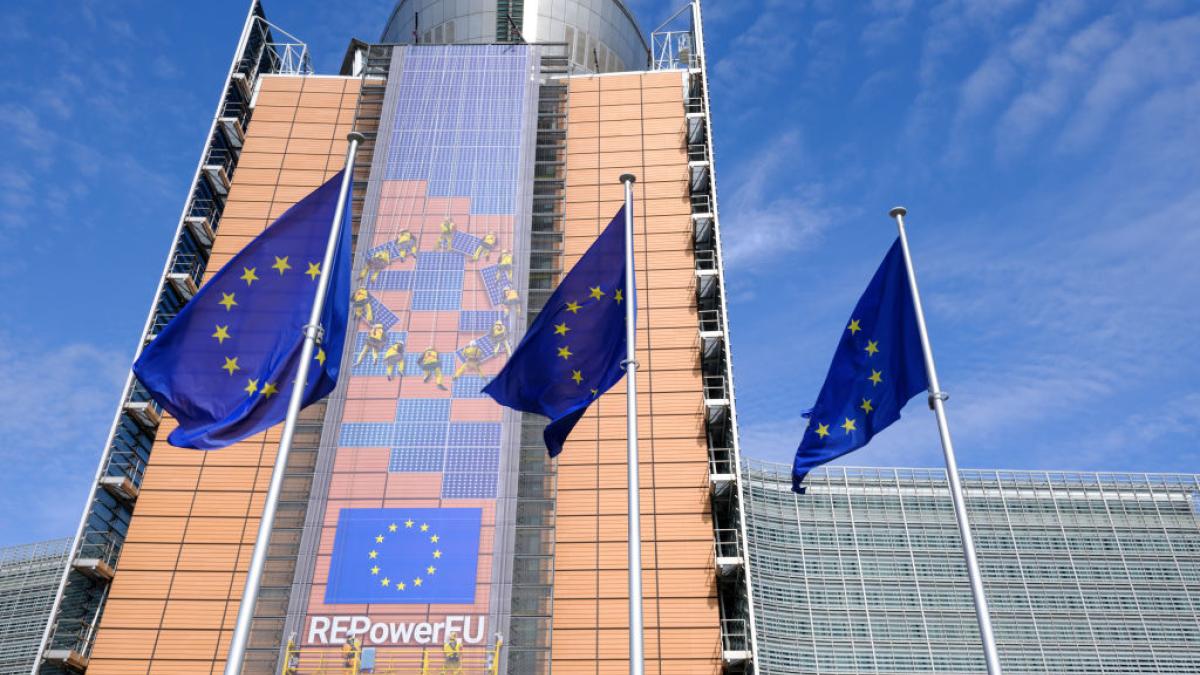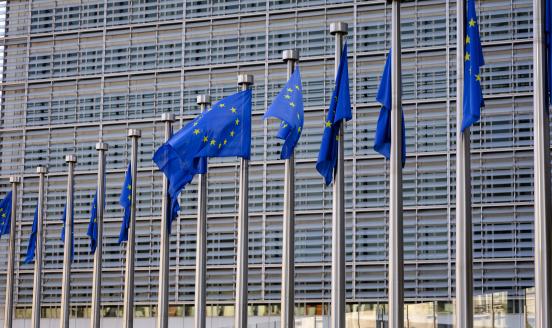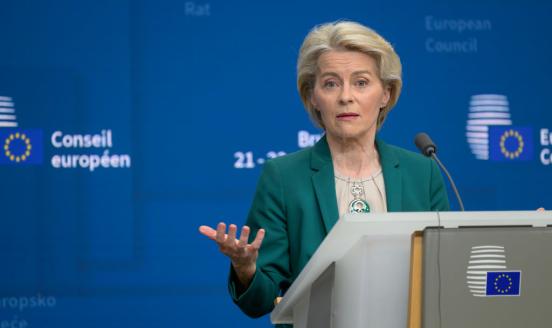Europe’s strategic challenge
The EU should pursue ‘gradual and pragmatic federalism,’ underpinned by essential governance reform.

The European Commission under Ursula von der Leyen between 2019 and 2024 will be remembered for its response to emergencies: the pandemic, Russia’s invasion of Ukraine and the energy crisis. The Commission, and the European Union, have been forced to take fundamental decisions under pressure.
To the EU’s credit, the errors that marred the response to the Global Financial Crisis have not been repeated. Pro-cyclical fiscal policies and overburdened monetary policies would have been dramatic mistakes. Instead, a new policy mix has been put in place and institutional changes have been made. Centralisation of the supply of vaccines, the NextGenerationEU recovery plan, coordination of national energy policies, the Fit-for-55 climate measures and the joint programmes to support Ukraine have led to the emergence of a new EU multilevel governance system.
What would be a mistake, however, would be to think that this ad-hoc approach can continue. The von der Leyen Commission has sometimes been dubbed the ‘Article 122 Commission’, after the EU Treaty article that permits emergency decisions under extreme circumstances. But waiting for crises before making major decisions would lead to permanent decision-making paralysis, especially with the prospect of further enlargement that could bring the EU to 35 or more members.
The EU's decision-making rules must therefore be reformed, with a rethinking of the voting system in the Council of the EU. This reform must happen before, not after enlargement, and this will mean the taboo of treaty change must be overcome. Part of the reform will be recognising that there are flexible ways to stop isolated opposition from becoming a veto, while protecting dissenting member states from the effects of decisions they disagree with. Institutional reform should also include the possibility, in well-identified areas, to proceed with variable-geometry ‘clubs’ of willing countries.
Reformed governance would underpin a programme of “gradual and pragmatic federalism,” as called for by the signatories to a new manifesto on European integration (see also the EU reform blueprint suggested in a September report by a Franco-German expert group). The programme should include seven components:
- Fundamental reform of the EU budget built on a central fiscal capacity to supply European public goods in the green, digital and social transition. Adequate and stable funds will have to be allocated to the reconstruction of Ukraine.
- New fiscal rules to promote economic and social convergence within the EU and to meet the necessary conditions for long-term economic growth and sustainable public finances.
- A decisive move towards integrated and deep European financial markets based on the issuance of a European safe asset and the establishment of a fully-fledged crisis management system.
- An industrial policy that fosters a new EU ‘business model’ combining innovative production, effective services, high-quality education systems and well-trained workers, building on the successes of the Support to mitigate Unemployment Risks in an Emergency (SURE) programme, which was put in place during the pandemic.
- A revamped state aid policy that will strengthen the single market, and new European tools to safeguard the EU’s role in international value chains. The goal should not be ‘made in Europe’, but ‘made with Europe’.
- A common education and training strategy and programmes to include migrants in EU labour markets, as a foundation of an EU immigration policy.
- An EU security and defence policy within NATO, but with sufficient autonomy and visibility, robust in the face of renewed isolationist tendencies that could emerge in the United States after the November 2024 presidential election.
The EU and its members should also be clear what they will not compromise on. It should not succumb to climate denial, rearguard mercantilism, demographic autarchy or the withdrawal from international value chains. These inward-looking policies, though tempting in the short term, would lead the EU towards fragmentation.
A new world order is in the making. If the EU remains half-constructed, it will not play a role in shaping it. The US and China are economic and political areas, the EU is not. A third global player would make the international system more stable. The EU should strive to revive multilateralism and avoid the pure logic of power in international relations, which would make everyone worse off.
The work of the 2019-2024 European Commission should be the basis for a move beyond decision making that only produces notable advances during crises and is subject to U-turns when the pressure abates. The Article 122 approach is inconsistent with the need to project a coherent stance domestically and globally. EU leaders must recognise this and act accordingly. They have the opportunity to give a first signal when they gather in Grenada for an informal meeting of the European Council on 6 October. They should seize it.



